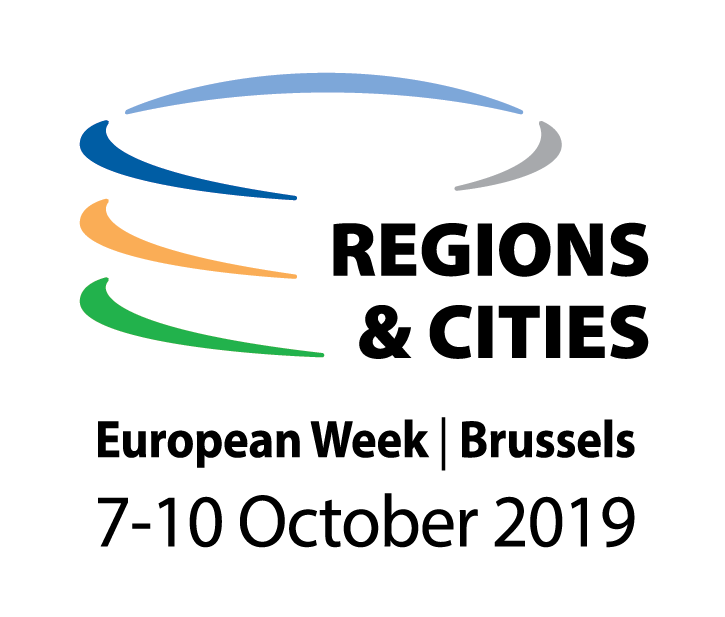Written by Christiaan van Lierop,
Master Class at the European Week of Regions and Cities

While regular contact with researchers, academics and the broader policy-making community is part of our core business at the EPRS, it is always a particular pleasure to meet with PhD students and young researchers who are experts in regional policy. That is why we were very happy to be involved once again in the organisation of a specialist workshop as part of the European Week of Regions and Cities’ Master Class for early career researchers, which took place in Brussels from 7 to 10 October 2019.
Bringing together 29 specially selected early career researchers from across the EU, this year’s workshop examined the role of research in policy-making at the European Parliament by focusing on three main themes: forging closer ties between researchers and policy-makers, enhancing the communication of cohesion policy and, lastly, future trends and topics for research in the field of cohesion policy. As in previous years, discussions took place around three tables, one for each theme, with participants invited to get actively involved in the debate at each table, providing everybody with the chance to have their say. With each participant an expert in the field of regional policy, the stage was set for a frank, open and lively discussion. This led to a number of key findings, set out below.
Forging closer ties between researchers and policy-makers
Participants stressed the need for more continuous links between researchers and policy-makers at local government level in particular. Noting that the relationship between researchers and policy-makers is a multilevel process, coordinating and developing synergies between researcher/policy-maker relations at municipal, regional, national and European levels, they argued that interaction between researchers and policy-makers at the local government level called for different, more participatory styles of research that could elicit support and interest from local authorities. When it came to finding experts, speakers stressed the importance of using certain keywords for searches and considered that researchers should be proactive by highlighting their profiles through researchgate or h-index if they wanted to have greater visibility. Another idea was to draw up e-mail lists of experts in different topic areas using university databases, with one participant suggesting that universities could be required to keep their databases updated with information about their staff expertise.
Enhancing the communication of cohesion policy
The workshop found that if EU cohesion policy is to be brought closer to citizens and the knowledge gap between politicians and the general public closed, it is important to deliver a message that could have an impact across borders, to tell a story and to establish communication channels for active exchange. One way of doing this could be to strengthen EU identity by stressing the significance of Europe as an integration project and by helping people understand that Europe forms an integral part of their everyday lives. There was clearly a need to make local projects more visible: one idea was to make it compulsory for local municipalities that receive EU funding to allocate a fixed amount of the money received to communications activities about the funded project. Other ideas included organising more Open Day events at the EU institutions for citizens as well as sessions that bring together different groups of people, such as low-income workers or socially excluded groups, who may know little about the EU, to explain what the EU is doing for them. This would take the form of special meetings at the workplace or at community centres.
Future trends and topics for research in the field of cohesion policy
On a general note, participants felt that it was vital to make topics appealing by creating awareness and involving stakeholders. Equally, regional capacity-building was also important as this could help policy-makers learn to cope with various challenges through feedback loops of multilevel governance that could facilitate the process of better learning for policy-makers. More specifically, a number of topics were highlighted as possible areas of future research. These included issues such as how to implement cohesion policy more effectively or that of assessing absorption capacity of funds through multiple criteria such as GDP, migration, climate change or youth unemployment. The individual challenges facing certain types of regions were also the subject of discussion: participants drew attention to the question of planning in cross-border regions and cross-border cooperation in general and looked at how to help lagging regions by focusing, in particular, on why it is difficult for them to implement smart specialisation strategies.
This workshop for early career researchers certainly provided some valuable thoughts and ideas can help feed into the work of both researchers and policy-makers and we look forward to the next edition of this event in 2020.








Be the first to write a comment.